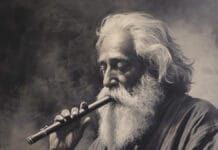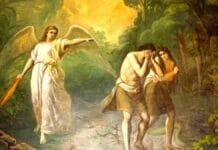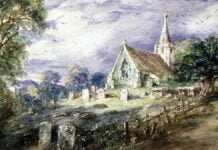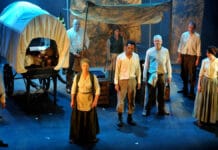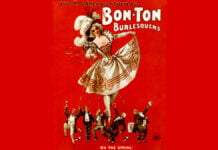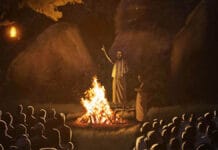Heroic drama, also known as heroic tragedy or heroic romance, is a type of play that arose in the Restoration era of England during the late 17th century. The genre drew inspiration from French Neoclassical theatre, emphasising reason, order, and adherence to strict dramatic rules. It also reflected the political and social climate of the Restoration period, celebrating ideals of chivalry, loyalty to the monarchy, and the emerging British Empire. Grandiose style, moral dilemmas, fantastical elements, the noble exploits of idealised heroes, and themes of honour, love, and duty characterise heroic drama. The term ‘heroic drama’ was coined by John Dryden in 1670 to describe his play from that year, titled The Conquest of Granada. In its preface, Dryden notes that the heroic drama serves as an adaptation of epic poetry designed for the stage and, importantly, created a set of rules to classify works of the genre.
High-stakes Plots
Heroic dramas typically involve high stakes, such as the fate of nations or the triumph of good over evil.
Heroic Protagonists
The protagonists in heroic dramas are typically noble, brave, and virtuous characters who embody the ideals of heroism and honour. They are often of high social status, such as kings, queens, or great warriors, and possess exceptional abilities or qualities that set them apart from ordinary people. They can perform extraordinary feats and show remarkable resilience in the face of adversity.
Elevated Language and Style
Heroic dramas employ heightened, ornate language and a grand, elaborate style of speech. The dialogue is often written in verse, particularly in rhyming couplets, which adds to the sense of formality and grandeur. Hyperbole, extended metaphors, and other rhetorical devices are common.
Themes of Love, Honour, and Duty
The plots of heroic dramas often revolve around the conflicts between love, honour, and duty. Characters are frequently torn between their personal desires and their obligations to their family, country, or moral code. These conflicts create intense emotional drama and showcase the characters’ inner struggles and sacrifices.
Spectacle and Visual Grandeur
Heroic dramas often incorporate elaborate stagecraft, stunning visual effects, and grand spectacles to captivate the audience. These plays use lavish costumes, intricate sets, and impressive machinery to create a sense of awe and magnificence on stage.
Exoticism and Distant Settings
Many heroic dramas are set in exotic, distant locations or historical periods that evoke a sense of grandeur and romanticism. These settings, such as ancient empires, mythical lands, or foreign courts, contribute to the larger-than-life atmosphere and allow for the exploration of grand passions and epic conflicts.
Supernatural Elements
Heroic dramas may incorporate supernatural elements and deities, demonstrating how humans are subject to larger, metaphysical forces.
Moral Absolutes
The narratives of heroic dramas are clear-cut in terms of morality, with little ambiguity regarding who is right and who is wrong, enhancing the dramatic conflict between pure good and absolute evil.
Triumph of Virtue and the Restoration of Order
Heroic dramas often conclude with the triumph of virtue and the restoration of moral and social order. After facing numerous trials and challenges, the heroes typically emerge victorious, and their noble qualities are celebrated. Evil is punished, and the rightful balance of power is restored.
Restoration Values
Heroic drama often reflects the values of the Restoration court and society, such as the emphasis on monarchy, the divine right of kings, and the political order of the time.
Key Figures
John Dryden is considered the father of heroic drama. With plays like The Conquest of Granada and All for Love, Dryden established the genre’s conventions. Roger Boyle, Nathaniel Lee, and Thomas Otway are other notable contributors who explored themes of love, loyalty, and political intrigue within the heroic drama framework.
Heroic drama was immensely popular during the Restoration period, appealing to the tastes and values of the aristocratic audiences of the time. However, the genre was criticised for its excessive grandeur, artificiality, and lack of realism. As the 18th century progressed, heroic drama gradually fell out of favour, giving way to more naturalistic and sentimental forms of theatre. Nonetheless, the legacy of heroic drama can still be seen in later works that explore themes of honour, passion, and the conflict between personal desires and societal expectations.












